The next total solar eclipse on April 8, 2024, will take place in North America. It can be observed in the northern regions of Mexico, as well as in the south and east of the United States. Therefore, many people are looking forward to this astronomical phenomenon. While professionals and amateur astronomers will use special equipment to observe it, most eyewitnesses of the event will “arm themselves” with ordinary safety glasses. However, experts warn that the market is full of fakes that can damage eyesight.
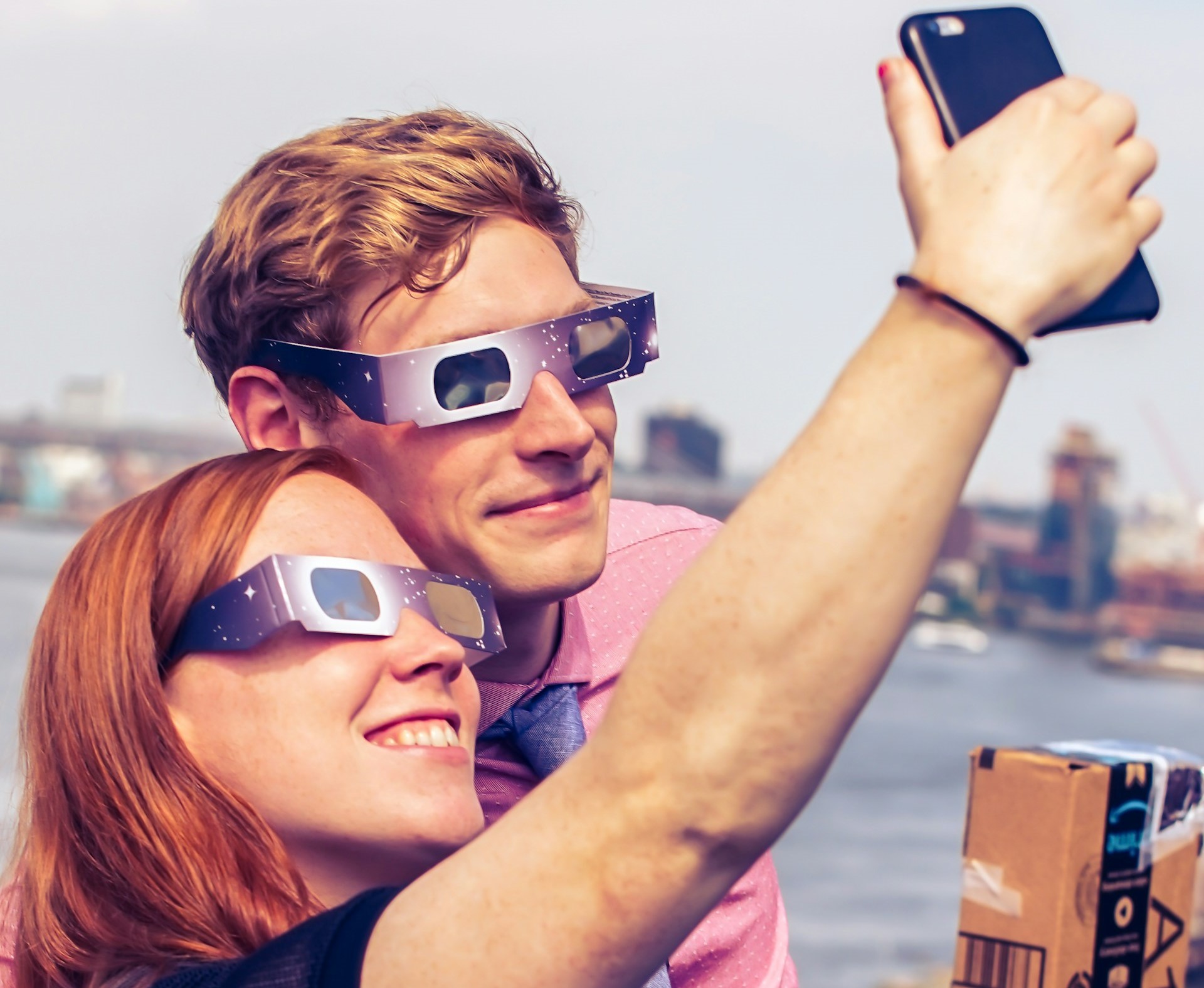
The American Astronomical Society (AAS) is already sounding the alarm and has issued a warning about these fakes. They claim that millions of Americans who have learned about the approaching eclipse are looking for eye protection. Therefore, it is very important that everyone can recognize a dangerous fake. Using low-quality glasses while observing a solar eclipse can lead to unpleasant consequences, from temporary visual impairment to permanent blindness.
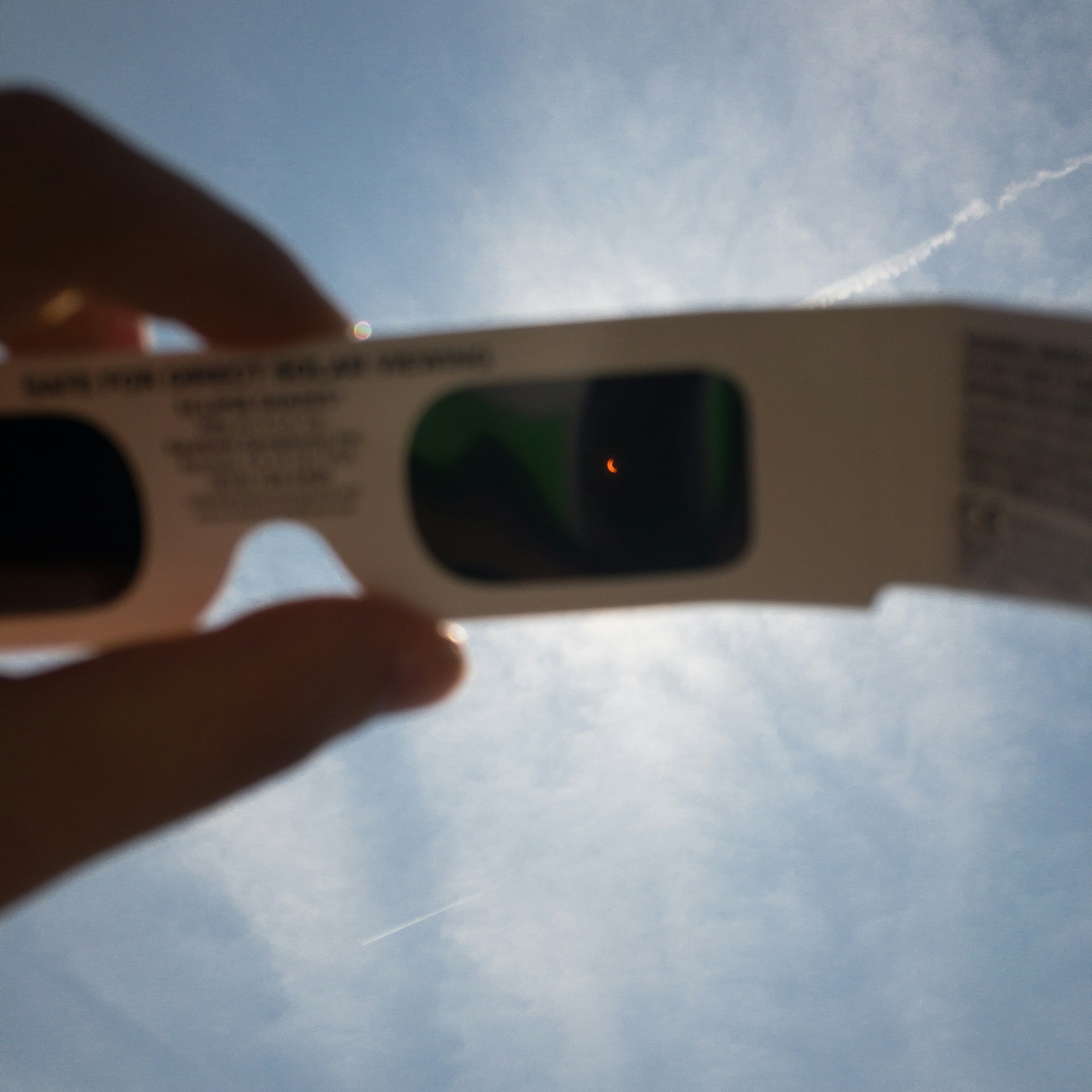
Fake glasses for observing the solar eclipse are almost identical to the real ones. They are also made of cardboard or plastic, which have black filters. Therefore, in order to be sure that the user will receive real glasses that will provide proper protection, AAS recommends buying them in trusted stores with the appropriate quality certificate.
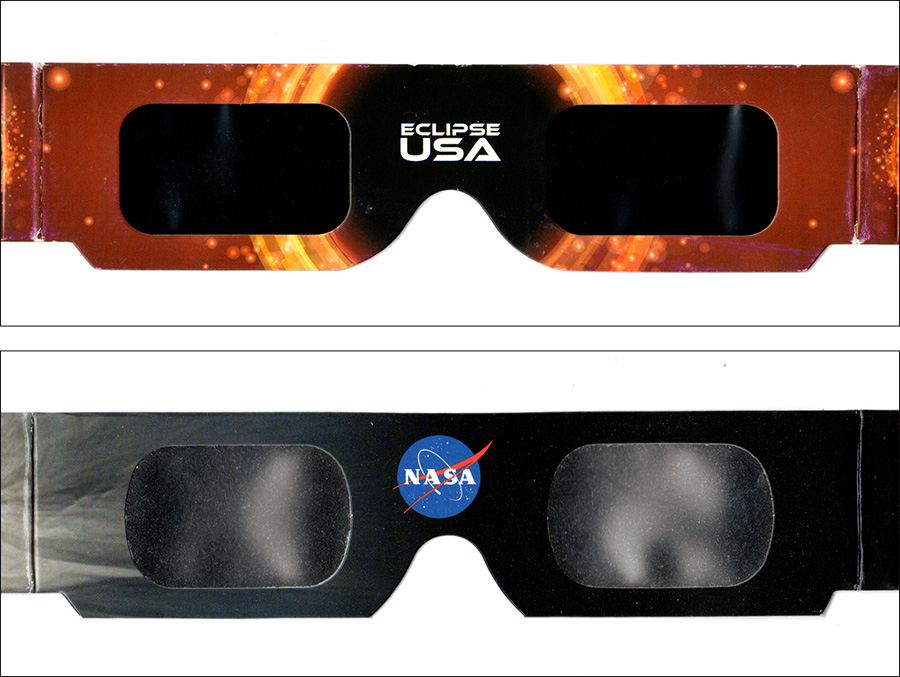
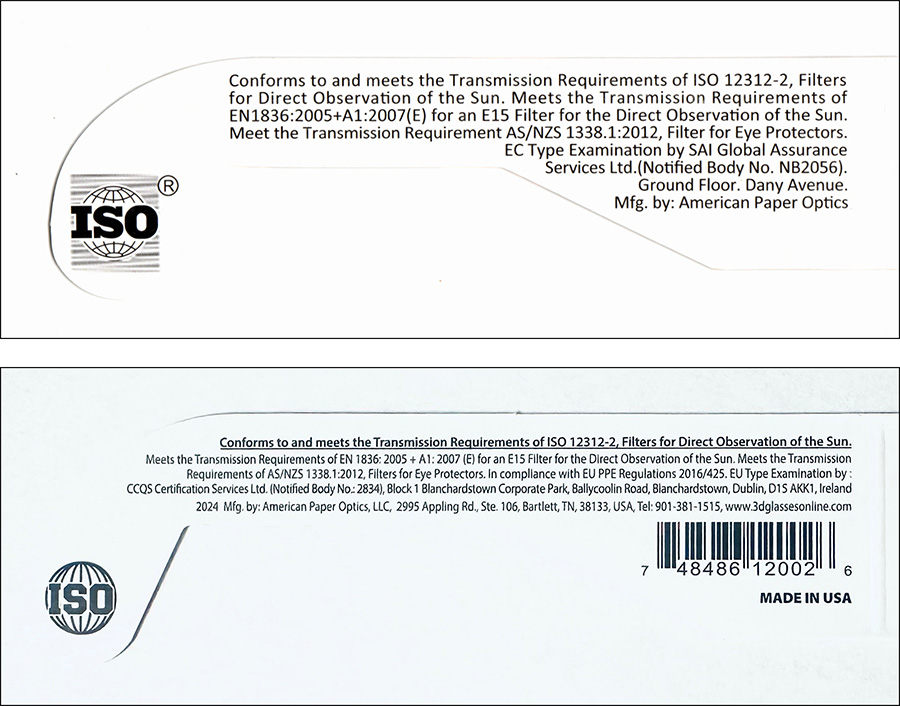
It is extremely dangerous to look at the Sun during a total eclipse without proper protection. This can lead to serious eye damage, including solar retinopathy, when the sun’s rays damage the retina. Even a few seconds without protection can cause irreparable harmful consequences. In 2017, a case was recorded when a young woman watched a solar eclipse through fake glasses without protection from ultraviolet radiation, damaging her retina. A black spot appeared in front of her eyes, which, according to doctors, would remain forever.
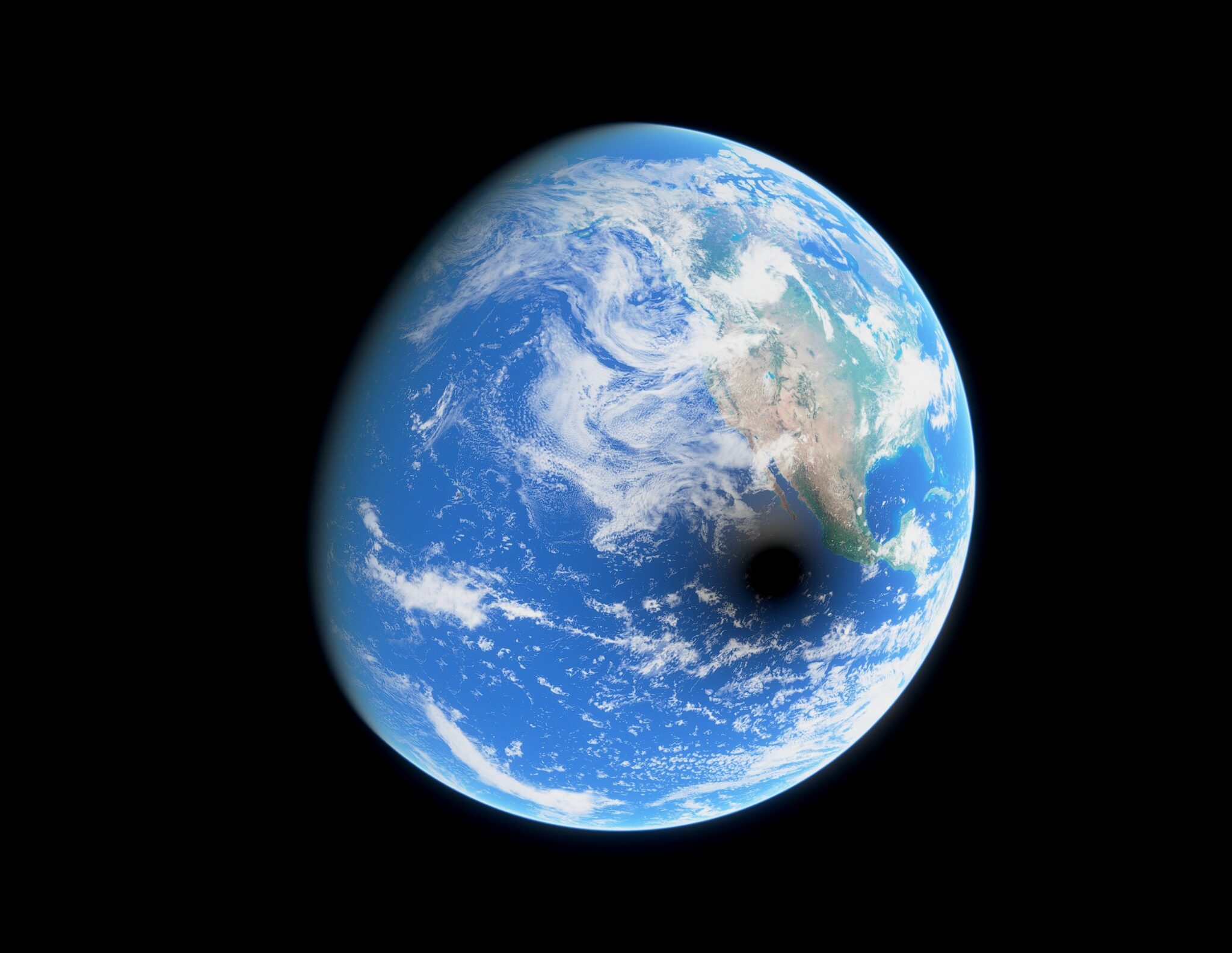
If you do not have special glasses, AAS recommends observing the phenomenon in an indirect way, using, for example, a stenope (pinhole) or a pinhole camera.
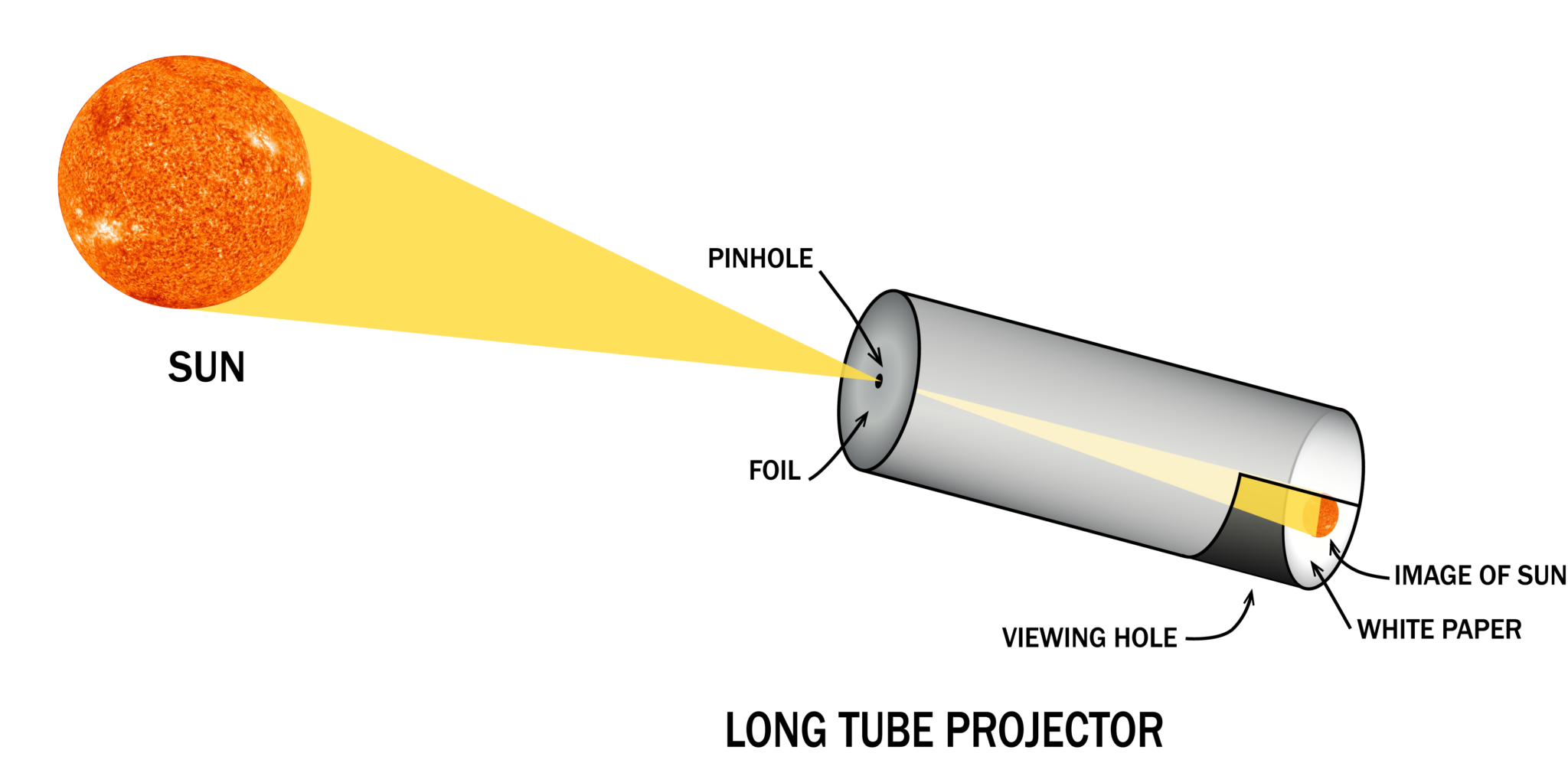
Earlier we reported on how total solar eclipses helped to study ancient history.
According to aas.org
Follow us on Twitter to get the most interesting space news in time
https://twitter.com/ust_magazine


